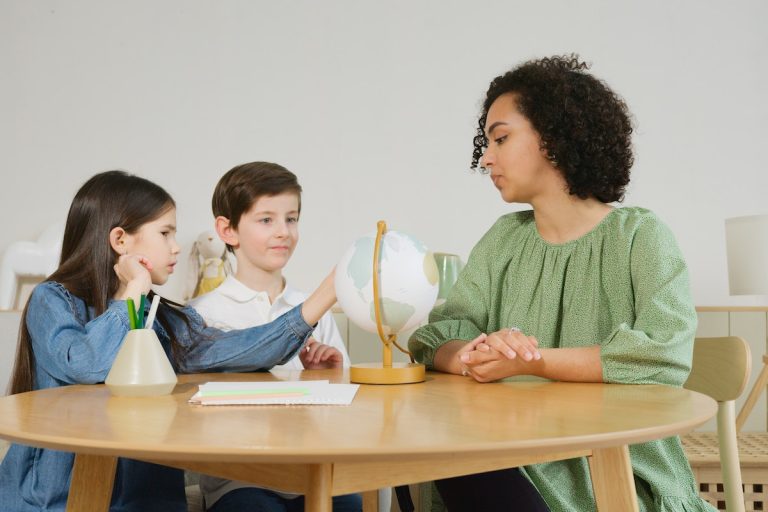• Early education programs provide a solid foundation for learning while allowing kids to explore and enjoy their childhood.
• Early education activities help children develop important language and communication skills, problem-solving abilities, socialization skills, self-confidence, and creativity.
• Extracurricular activities allow kids to learn important social skills such as communication and collaboration.
• Investing in your children’s early education will help them gain valuable knowledge and experiences they can draw upon later in life.
As parents, you only want to give your children the best start in life. You want them to be prepared for the future, but you also don’t want them to miss out on their childhood. Early education options provide a way to have both—providing a solid foundation for learning while still allowing kids to explore, play, and enjoy childhood.
Benefits of Early Education
An early education program allows children to learn and explore in a safe and nurturing environment. Children can develop important language and communication skills, problem-solving abilities, socialization skills, self-confidence, creativity, and more through play-based activities.
Early education programs also help kids transition into formal schooling by introducing them to basic concepts and skills, such as counting, recognizing shapes, and understanding the alphabet. This sets them up for success in kindergarten and beyond.
If you have kids between the ages of two and six, various early education options are available. You can find something that works best for your family.

Here are some popular early education options to consider:
At-Home Learning
One of the best ways to foster a love of learning early is through at-home activities. You can do plenty of age-appropriate activities with your child to help them build skills while having fun. For instance, you can work on colors and shapes by playing games such as I Spy or Bingo. Practice counting and math by baking cookies, or strengthen language skills by reading books aloud or writing stories. The key here is to keep it fun and ensure your child enjoys doing it.
Early Education Programs
Another option is enrolling your child in an early education program. These programs typically include art, music, physical education, technology, math and literacy instruction, and nature exploration – all designed to help younger children develop important skills while having fun!

Many programs also offer field trips outside the classroom so kids can explore their world further. And if you have multiple children in the same age group, you might consider homeschooling since it allows you to customize each kid’s curriculum according to their individual needs and interests. This type of personalized approach can help young learners grow and develop in ways that traditional schools may not be able to offer. Some early education programs include:
Daycare programs: Daycares often offer a variety of activities such as art, music, physical education, and more. They also typically offer care for children from infancy to age five or six.
Pre-Kindergarten Program: Pre-Kindergarten program is for children ages 4- and 5-year-olds that focuses on developing academic, social, and emotional skills. It’s an excellent way to prepare your child for kindergarten by introducing them to letter recognition, counting, and storytelling concepts.
Head Start Program: This federally funded pre-school program helps low-income families provide a quality early education for their children. It includes activities that promote cognitive, social, and emotional development in young learners.
Montessori Program: This type of program focuses on hands-on learning experiences to help kids learn at their own pace. It usually incorporates practical life activities such as gardening, cooking, and household chores so children can better understand the world around them.
Traditional Pre-School: Pre-school is a great option for those looking for an introduction to the traditional school setting. It usually includes learning activities such as circle time and arts and crafts that can help your child learn basic concepts before entering kindergarten.
Extracurricular Activities
Extracurricular activities are another great way to get your kids involved in something they enjoy while gaining valuable knowledge and experience. From sports teams like soccer or basketball to dance classes or theater groups, many opportunities are available for kids who want to explore different areas of interest outside school hours. These activities provide an opportunity for kids to learn important social skills such as communication and collaboration and critical thinking skills like problem-solving, which will benefit them later in life when they enter college or the workforce. Plus, they’re just plain fun!
Your children’s education is important to their overall growth and development. Early education options can provide the best start in life while allowing your children to enjoy their childhoods. Without taking away their childhood, you can help them develop a love of learning, exploration, and discovery that will serve them well in the future.











